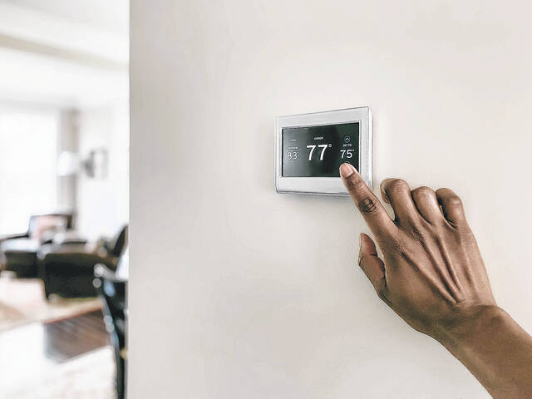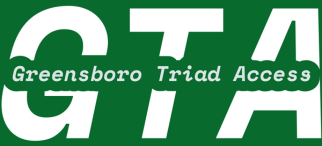If you’re struggling to pay your utility bills in North Carolina, you’re not alone. Fortunately, there are programs available that can help you cover the costs of heating, cooling, and even water. Whether you’re facing a crisis or need some financial relief, there are various ways to get emergency utility assistance.
Find Emergency Utility Assistance in North Carolina you Need:

1. Duke Energy Assistance for Low-Income Households
If you’re a Duke Energy customer, you may be eligible for financial help through their Energy Neighbor Fund. This program is designed to help those struggling to pay their electric bills.
How to apply:
- Visit the Duke Energy Assistance Page: Duke Energy Assistance.
- Eligibility: Income requirements must be met. Proof of income and residence is required.
- Contact Local Agencies: Duke Energy partners with local community agencies to distribute assistance. These agencies can help you navigate the application process.
2. NC Low-Income Energy Assistance Program (LIEAP)
The Low-Income Energy Assistance Program (LIEAP) is a state-funded program that helps low-income households with heating costs. There’s also the Crisis Intervention Program (CIP) for emergency heating assistance.
How to apply:
- Apply online through ePASS: ePASS NC.
- Eligibility: Your household income must meet specific guidelines. Additional documents like proof of income and utility bills may be required.
Additional Program Information: The Crisis Intervention Program (CIP) helps prevent disconnections during extreme weather events. Learn more at Crisis Assistance.
3. DSS Energy Assistance Application
The Department of Social Services (DSS) manages several energy assistance programs, including LIEAP and CIP. You can apply for assistance directly through the ePASS website or visit your local DSS office.
Steps to apply:
- Visit ePASS: Apply online through ePASS NC.
- In-person application: You can visit your local DSS office for assistance. Find your nearest office here.
- Required documents: Proof of income, utility bills, identification, and other personal information.

4. Other Utility Assistance Programs in NC
Beyond Duke Energy, other utility providers offer assistance to low-income households. Here are a few:
- Piedmont Natural Gas: Offers assistance for customers facing financial hardship. Learn more on their Piedmont Natural Gas Assistance Page.
- ElectriCities: Provides assistance for municipal utility customers. Find more info at ElectriCities.
Frequently Asked Questions (FAQs)
✋ I need help paying my electric bill in NC online. Where can I apply?
- Duke Energy: Apply directly through Duke Energy Assistance.
- NC 211: Visit NC 211 to connect with local utility assistance programs.
✋ How do I apply for Energy Assistance in NC?
- You can apply through the ePASS website here. The application process includes providing proof of income and household information.
✋ Where can I apply for DSS Energy Assistance?
- DSS Energy Assistance applications are available online via ePASS. You can also apply in person at your local DSS office.
✋ How do I qualify for Duke Energy assistance for low-income customers?
- To qualify for assistance, you must meet income eligibility requirements. For more details, visit Duke Energy Assistance.
✋ How can I get emergency heating assistance in NC?
- The Crisis Intervention Program (CIP) helps with emergency heating needs. Apply online through ePASS NC.
✋ Can I get help with my water bill in NC?
- Some local utilities offer water assistance programs. Check with your water provider or visit NC 211 for more details.
Additional Resources
- NC 211: This is a great resource for finding local assistance programs across North Carolina. Visit NC 211 for more information.
- Wake County Assistance Programs: Learn more about utility assistance in Wake County by visiting their page on Utility Assistance.
Conclusion
Emergency utility assistance programs in North Carolina provide essential support for households facing financial problems. Whether you’re applying for heating assistance through LIEAP or seeking emergency aid via the Crisis Intervention Program (CIP), there are resources available to ensure you stay safe and comfortable in your home. To get started, visit the websites listed above, apply through ePASS, or contact local utility agencies for more information. Don’t wait—help is available now!
Join our growing community by subscribing to our platforms and becoming a member of the Greensboro Triad Access Facebook group. Be part of a community that values meaningful connections, exciting opportunities, and powerful storytelling. Together, let’s stay informed, inspired, and empowered!
Best Regards,
